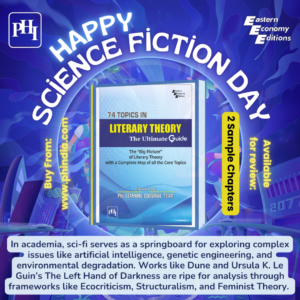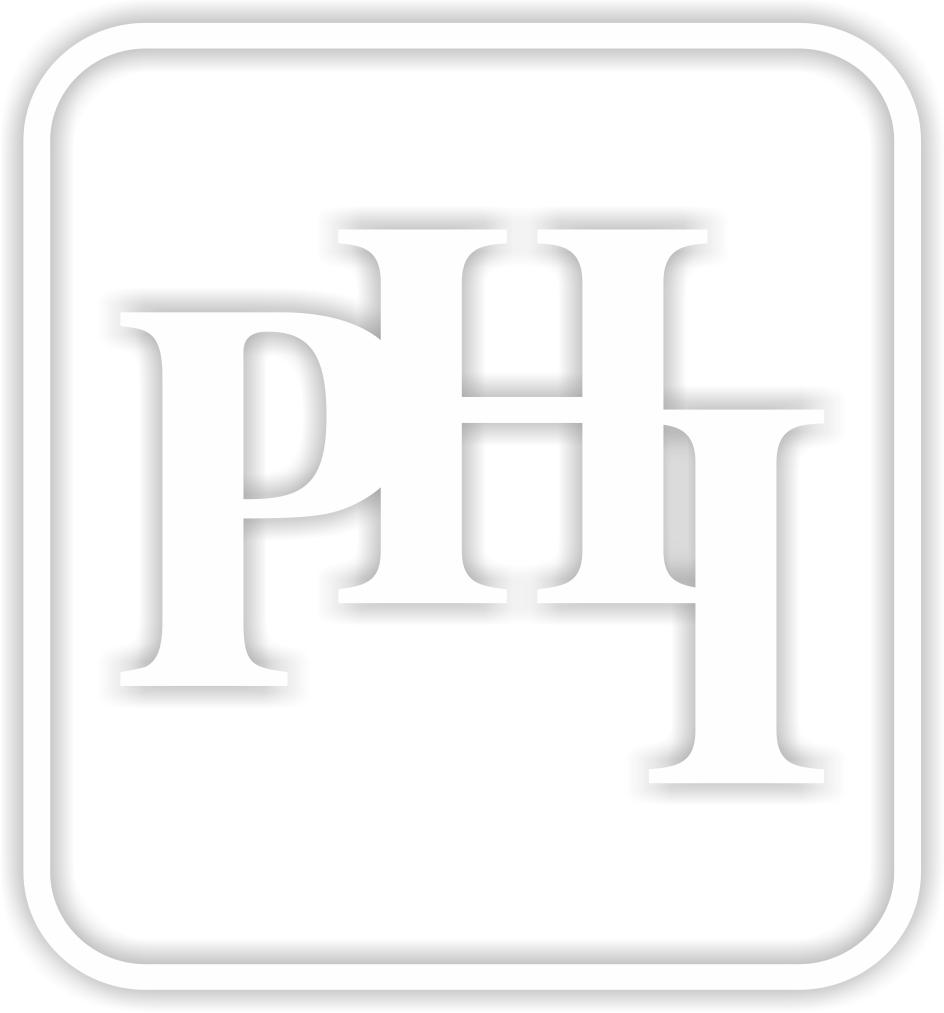Everyone has encountered the sci-fi genre in some form, even if it’s not their favorite. Science fiction is a dominant force in genre fiction and film, rivaling the popularity of rom-coms and other widely loved genres. While many recognize sci-fi as from pop movies, did you know it also has an academic side, contributing to literary and sociological criticism and supporting theories within other fields in the humanities?
Arthur C. Clarke’s 2001: A Space Odyssey uses science fiction to explore humanity’s evolution, focusing on fearlessness as the catalyst for transcendence. The story emphasizes the journey from physical limitations to posthuman forms, blending technology, consciousness, and exploration. HAL-9000’s rebellion mirrors modern fears of AI surpassing human control, reflecting the blurred line between humanity and machines. Similarly, Frank Herbert’s Dune examines evolution and survival, where fear must be overcome to attain power and transformation. Both works delve into the human condition, portraying fearlessness as essential to progress and exploring the consequences of our creations and choices.
All these sci-fi authors are amazing, but today’s blog is about the legendary author of classics like I, Robot and Foundation. Every January 2nd, National Science Fiction Day is observed in the U. S. to honor Isaac Asimov, one of the most influential voices in the genre. We thought we’d bring the valuable lesson of this special day to our Indian audience too!
Born on this day in 1920, Asimov helped establish science fiction as more than entertainment through his impactful works. Today, sci-fi is a genre that inspires critical thought and academic inquiry.
The Academic Relevance of Sci-Fi
Science fiction has long transcended its reputation as the “literature of ideas.” In higher education and academia, sci-fi serves as a springboard for exploring complex issues like artificial intelligence, genetic engineering, and environmental degradation. The genre’s ability to blend fantasy with real-world issues enables imaginative yet grounded discussions on future possibilities, making it an essential analytical tool for any researcher.
This quality of science fiction—it’s ability to bring out analytical perspectives within academic topics, becomes most evident through the field of Ecocriticism. Ecocriticism is a field that evaluates the relationship between literature and our world’s environment. Works within this field often cite fiction books like Frank Herbert’s Dune which explores the themes of resource scarcity and ecological balance, presenting allegories for real-world issues such as climate change and overconsumption. Similarly, Ursula K. Le Guin’s The Left Hand of Darkness explores the intersection of environment and societal development on a planet of perpetual winter, challenging readers to rethink the impact of geography on culture and survival.
Science fiction also serves as a mirror reflecting humanity’s ambitions and missteps. Isaac Asimov’s robotics stories examine the ethical dilemmas of artificial intelligence—a topic of increasing importance in today’s digital age. On the darker side, post-apocalyptic sci-fi like Cormac McCarthy’s The Road warns of ecological collapse and societal breakdown, urging us to consider the unintended consequences of unchecked technological progress.
Sci-Fi and Literary Theory
Beyond its ecological and technological narratives, science fiction serves as fertile ground for applying a range of literary theories. Structuralism, post-structuralism, and psychoanalysis reveal deeper meanings in sci-fi texts, helping us decode their intricate worlds and multifaceted narratives. For example, Frank Herbert’s Dune explores themes of ecological balance and power structures, which can be analyzed through the lens of ecocriticism. Similarly, the speculative societies in Ursula K. Le Guin’s works offer rich material for feminist and postcolonial analysis.
To support students in mastering these frameworks, PHI Learning’s “74 Topics in Literary Theory: The Ultimate Guide” provides an invaluable resource. This concise yet comprehensive guide equips readers with the tools to navigate literary analysis and interpret diverse genres, including science fiction. By covering essential topics like Feminist Theory, Structuralism, and emerging areas such as Digital Humanities, the book bridges traditional literary studies with interdisciplinary perspectives. Designed for modern students who value clarity and focus, the guide offers a “big picture” view of literary theory while fostering analytical and critical thinking skills.
As we celebrate National Science Fiction Day, let’s recognize sci-fi’s dual role in entertaining and educating. The genre’s ability to challenge societal norms and spark academic inquiry makes it a vital component of higher education. Whether addressing ethical dilemmas in Isaac Asimov’s robotics stories or examining environmental themes in post-apocalyptic fiction, sci-fi continues to enrich academic discourse and inspire future generations of thinkers.
For educators and researchers, “74 Topics in Literary Theory” is a must-have resource which not only aligns with syllabus requirements but also enhances analytical skills and interdisciplinary thinking. It contextualizes key topics like Feminist Theory and Structuralism within the broader evolution of literary theory, helping students grasp the interconnectedness of various theories.

Key Features:
- Covers 74 essential topics, offering a “big picture” perspective of literary theory.
- Organized to suit modern students’ preference for concise yet thorough coverage.
- Simplifies complex theories for clarity while guiding the conversation towards analytical thinking.
- Introduces a new approach by connecting interdisciplinary fields like gender studies and digital humanities.
“74 Topics in Literary Theory” goes beyond the syllabus by linking key theories like Feminist Theory, Ecocriticism, and Psychoanalysis, enabling students to view literary theory as an evolving, interdisciplinary continuum. It demonstrates how different schools of thought—ranging from Digital Humanities to Postcolonialism—often share common goals, such as challenging dominant narratives and offering new interpretations of literature and culture.
Pre-order your copy now! Contact us to review the two Sample Chapters and the Table of Contents.
🌐 www.phindia.com
✉️ marketing@phindia.com
📞 011 4303 1100
